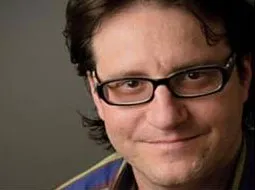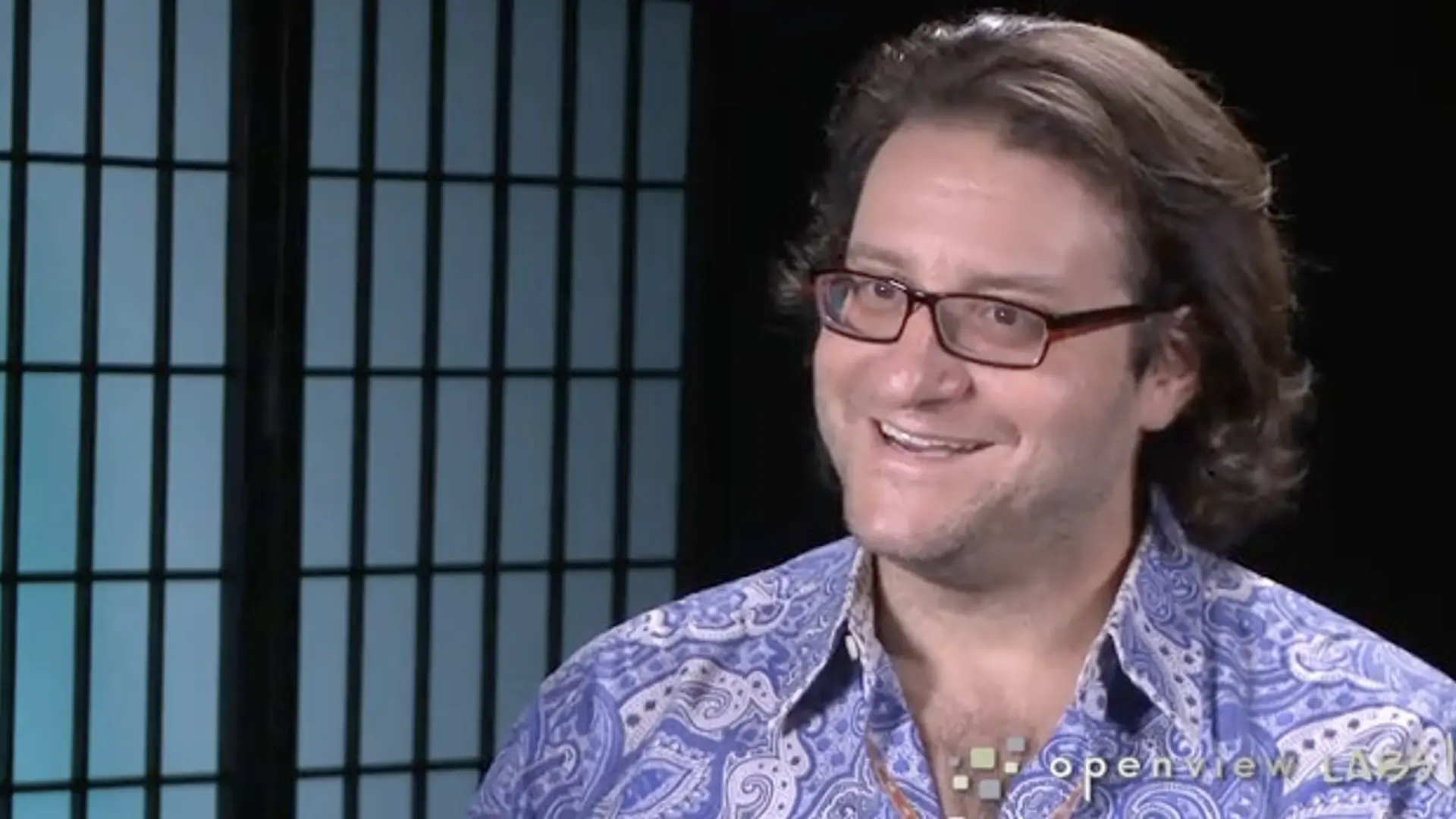“Do or do not, there is no try!” Interview with Brad Feld, author of ‘Startup Communities’

Interview with Brad Feld, author of ‘Startup Communities’
Brad Feld is the author of bestselling books about startups, most notably “Startup Communities: Building an Entrepreneurial Ecosystem in Your City” (see my review). Based in Boulder, Brad has been an early stage investor and entrepreneur since 1987, and founded the Foundry Group, Mobius Venture Capital and Intensity Ventures. Brad is also a co-founder of TechStars and serves on the board of directors of BigDoor, Fitbit, FullContact, Gnip, MakerBot and MobileDay among others. Brad is also an avid art collector and long-distance runner, and has completed 22 marathons.
Brad joins us in this exclusive interview on startup communities around the world, collaborative models, social entrepreneurship, and his next book.
YS: How has your book been received around the world?
A: It's been extremely positive and very exciting. ‘The Boulder Thesis’ resonates well, as many startup communities around the world are being led by entrepreneurs who have a long term vision to create something amazing in their city. What has surprised me the most is the number of examples of entrepreneur-led activities that are unique and that I've learned from.
YS: You raise an interesting myth, not every region needs to become a Silicon Valley. But why do so many cities/regions still try to chase that myth?
A: I think that it's easy to try to aspire to be something amazing, and Silicon Valley is amazing. But it's a simple view to say "we want to be like Silicon Valley" without digging deeper and understanding how to do it, and why you want to do it. And then, when you do, you realise that you don't actually want to be like Silicon Valley, you just want to incorporate some of the best attributes and leverage what has been learned there about creating a great entrepreneurial ecosystem over the past 50+ years, while taking advantage of the unique attributes of your city.
YS: What role do you see mainstream and specialist news media playing in energising startup communities?
A: It's all positive! Media in general plays an important role in amplifying the activity of startup communities. But it doesn't have to be particularly organised. Startup communities are networks - and all the nodes (the entrepreneurs and participants in the startup community) continually amplify the message. If you use Boulder as an example, we've never had a coordinated PR campaign - we've just done stuff, talked about it, did some more stuff, and talked about it some more.
YS: What has been your experience with startup communities in Asia?
A: I don't have a lot of specific experience with Asia. I'm supporting Bowei Gai's World Startup Report and am learning a lot from his journeys.
YS: Do you see startup communities in other parts of the world as serious competitors with those in the US – or are there ways for them to collaborate and cooperate?
A: One of the key things is to realise we are not playing a zero sum game. There is such an incredibly expansive opportunity for growth of startup communities around the world that we should be focused on collaborating. I heard a great tag line from Jon Bradford, MD of Springboard: "Build bridges, not valleys."
YS: What role does immigration policy play in increasing diversity of startup communities?
A: I believe that for a startup community to be successful, it must be inclusive of anyone who wants to engage in any way. The direct implication on immigration policy is that we should be open and welcoming to anyone from anywhere who wants to participate in a startup community.
YS: You maintain that only entrepreneurs should lead startup communities – can others also take on this role?
A: Members of organisations that are "feeders" (everyone else - government, academia, big business, investors, lawyers, accountants) can play a leadership role, but their organisations can't. The leaders have to be individual people, not organisations. And, you must have a critical mass of entrepreneurs committed to leading the startup community.
YS: How do startup communities ensure their agendas and events do not get swallowed by large sponsors and MNCs?
A: Ignore them! It's simple - just create your parallel universe. Be inclusive - let them participate, but don't be dependent on them.
YS: How do you see the startup phenomenon accelerating in the social entrepreneurship sector?
A: We are already seeing exciting things like the Unreasonable Institute and Entrepreneurs Foundation of Colorado as key parts of the Boulder Startup Community. This activity feeds in nicely and complements strongly the ideas.
YS: What is your next book about?
A: The next book is out: ‘Startup Life: Surviving and Thriving in a Relationship with an Entrepreneur’ which I've written with my wife Amy Batchelor!
YS: What are your parting words of advice to the startups and entrepreneurs in our audience?
A: Do or do not, there is no try!
Follow YourStory.in’s research director Madanmohan Rao on Twitter







